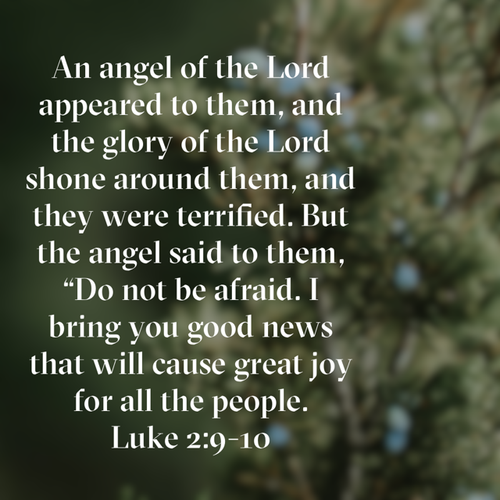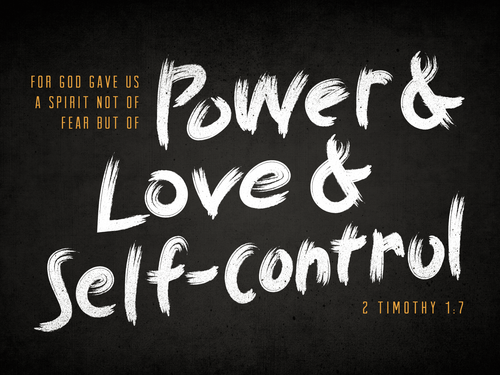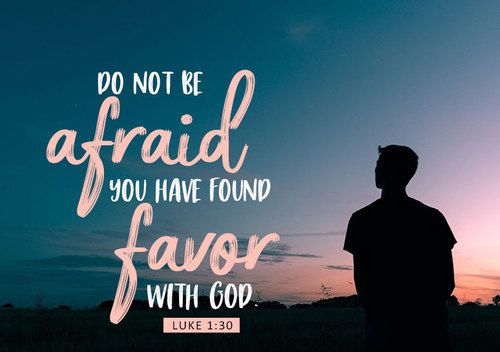Last week when Grandpa was helping Wyatt put together a new Christmas toy, he picked up the directions and then started laughing out loud.
“What is it, Grandpa?” Wyatt asked, “What’s so funny?”
“This warning!” Grandpa giggled, brushing aside the nuts and bolts and small pieces of the unbuilt toy. “It’s ridiculous!”
“What does it say?” Wyatt wondered.
“Listen here,” Grandpa cleared his throat, “it says: PLEASE DO NOT SHOVE ANY SMALL PARTS UP YOUR NOSE OR INTO YOUR EARS!”
Wyatt laughed loudly with Grandpa. “Tiny pieces in your nose? That’s gross! Why would they put that in the directions?”
“Well,” Grandpa paused. “I suppose it’s because someone somewhere actually did that. They have to write “don’t stick it up your nose” because some dumb kid ALREADY DID stick it up his nose!”
“Well I’m never going to put any of these pieces in my nose!” Wyatt decided.
“Good choice,” Grandpa agreed, “Then I guess I won’t either!”
You know kids, the Christmas story is a little bit like the warning on the new Christmas toy. Every single time the angels appear to someone - be it Mary, or Joseph, or Zechariah or the shepherds - they always have to start by saying the exact same thing: “FEAR NOT!” Don’t be afraid. They aren’t saying this because they think at some point in the future Mary or a Shepherd might get a little bit scared of them. They are saying it because Mary, Joseph, and I’m sure all the shepherds ALREADY DID feel afraid! God doesn’t expect the people not to be scared. He knows they ARE scared, and He wants to bring them peace and calm instead.
There are lots of scary things in our world today. God wants us to have faith, and trust that He will meet our needs and take care of us. When he says, “Don’t be afraid,” it isn’t because He expects us to he 100% brave all the time and never have any worries or fears. It’s because he knows we ALREADY DO have worries and fears. And He wants us to know one very important truth: that He’s big enough to handle those fears. What’s more - He’s going to stay beside us and help us through all of them.
What fears and worries are in your family home tonight? Let’s remember that God already knows we’re afraid sometimes, and it’s okay. And also? Let’s remember not to put small pieces of ANYTHING up our nose or in our ears.
Family Questions:
- What are some scary things in our world today?
- Is it okay to be afraid, even for followers of Jesus? How does Jesus help us with our fears?
- What scary thing do we want to trust Jesus with or ask for His help with today?



